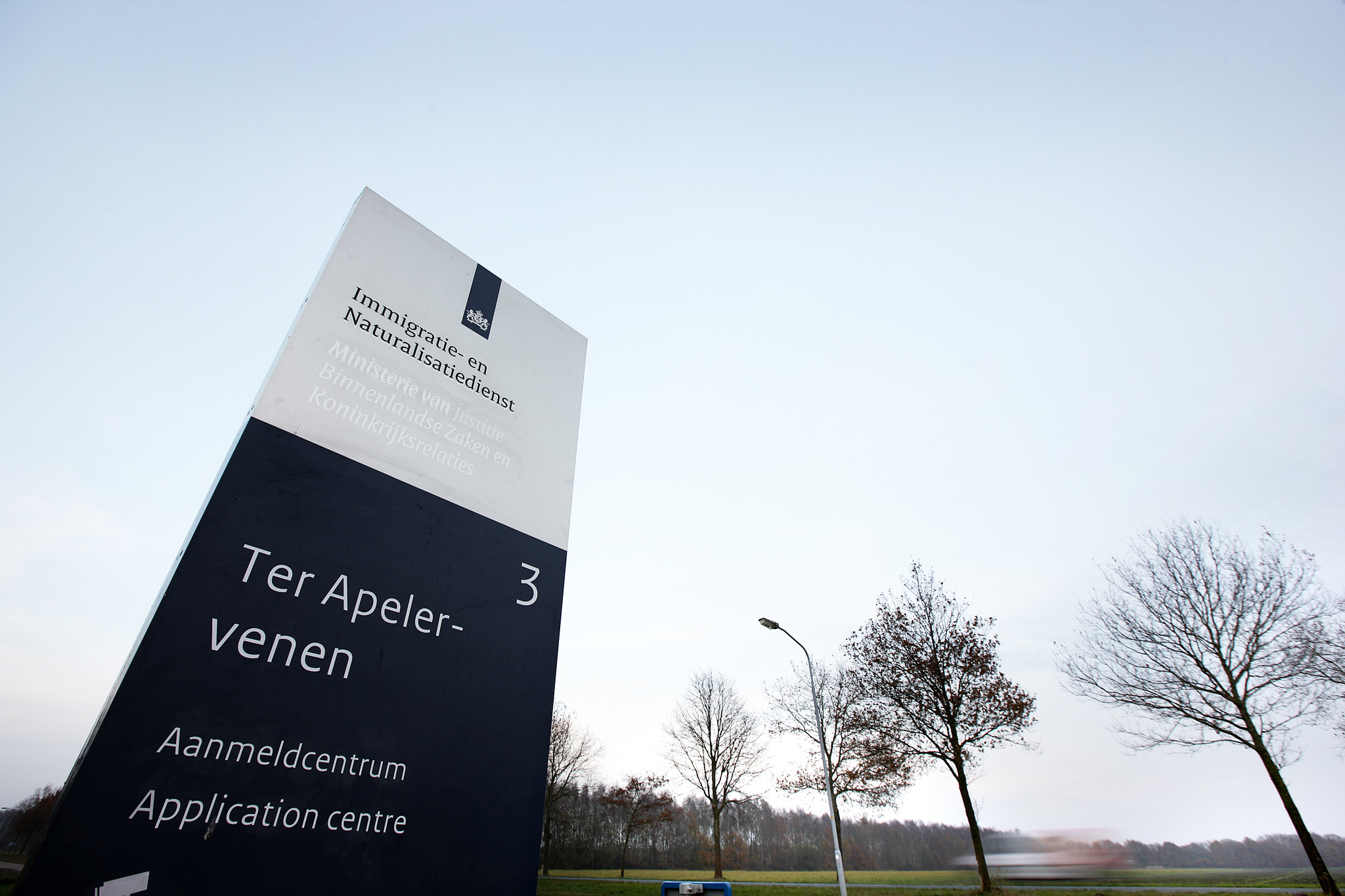Most Utrecht councils plan to keep taking refugees from Ter Apel

A majority of municipalities in the province of Utrecht plan to keep taking in asylum seekers even after the incoming government scraps the current quota system.
The so-called “spreading law” was pushed through both houses of parliament in the last year with the aim of relieving pressure at the reception centre in Ter Apel.
The right-wing parties negotiating the new coalition have vowed to abolish it as part of their plans to implement the “strictest asylum regime ever”, arguing that The Hague should not force local authorities to take in refugees.
A survey by RTV Utrecht found that 14 of the 26 municipalities planned to keep providing accommodation even if they were not obliged to.
Rachel Streefland, alderman for asylum policy at Utrecht city council, said that as a “city of human rights”, Utrecht was in favour of a “proportionate” distribution of refugees.
Other municipalities, such as Baarn, Veenendaal and De Bilt, said they would continue to “take responsibility” by finding accommodation for refugees. The province is obliged to find 8,200 beds under the redistribution law.
€1.5m in fines
“Should the spreading law be repealed, the position of the municipality of Baarn will not change: we will continue to take our responsibility,” the council said in a statement.
The law was introduced by outgoing junior asylum minister Eric van der Burg, who will sit in parliament for the VVD party, one of the four coalition members, when the new cabinet takes office.
In January a judge imposed a conditional fine of €15,000 on the accommodation agency COA for every day that Ter Apel exceeds its limit of 2,000 asylum seekers, up to a maximum penalty of €1.5 million. That limit is due to be reached on June 10, RTV Noord reported this week.
All 21 councils who responded said they would comply with their obligations under the law, which came into force in February, until it is withdrawn. Five did not respond.
Thank you for donating to DutchNews.nl.
We could not provide the Dutch News service, and keep it free of charge, without the generous support of our readers. Your donations allow us to report on issues you tell us matter, and provide you with a summary of the most important Dutch news each day.
Make a donation